Section Branding
Header Content
For many, family bonds can run deeper than shared DNA
Primary Content
Sirianna Arathi was left out of an important family meeting, one where a couple of her friends, their parents and partners decided she was part of their family – even though she isn't blood related.
"I feel so confident in just being like 'this is my family, these are my sisters, this is my older sister, this is my older brother,'" says Arathi, who takes pride in "owning that kind of chosen family identity without having to put that label of chosen family."
Arathi is originally from south India, but was adopted by a white family in the United States as a child.
She says her adoptive family expected her to be grateful for being "saved" and tried to control her by overmedicating her. She also said another family member abused her.
"I had this view of family that I should be not only completely loyal to the family that raised me, but that was it. That was family," she says.
When Arathi told her adoptive parents about the abuse, she said they did not believe her. That was a breaking point for her, and she turned to her 'older sister' for help.
"She was like, 'alright, move in with me,'" Arathi says. "So I left my house and moved in with her – and that really started the kind of path that I eventually found myself in now."
Arathi isn't related to her 'older sister' biologically – nor were they in the same adoptive family – she's her chosen sister.
For many people, including Arathi, chosen family isn't an option – it's a necessity.
Marriage and family therapist, and sexologist, Lexx Brown-James says, "Creating chosen family and finding people who love them regardless of anything, and who accept them and celebrate them, are actually keys into surviving."
She emphasizes that having a chosen family is especially important for queer people. "Up to almost 30% of them report being unhoused, or underhoused, and being put out by their families throughout their lifetime," Brown-James says.
45-year-old single mom Jody from Alabama had to build a community around her that accepted her children for who they are.
Jody asked that we use her first name only because she wants to protect the privacy of her three minor children, who are part of the LGBTQ community.
Jody says she made the intentional decision to pull away from some of her biological family, like her mom, as painful as that was; her mother wasn't that accepting of her LGBTQ children.
"It's important to me that my kids see that even if you can't find support from your own blood relatives, that you can find support that is just as good, if not better, from friends, from people who love you outside of your blood relations."
One of Jody's best friends, Jeni, is like an aunt to her three children. The duo met through a Facebook group for moms and bonded through working at pop culture conventions.
"It's just being around her, it just charges my heart and charges my soul. It's wonderful to have that because I really feel like that's what families should be like, you know, that you get to rest and be yourself and laugh with those people," Jody says. "And that's who my best friend is."
There's also a tight-knit group of friends who have been there for Jody for simple things like helping her pick her kids up from school when she can't, and for tougher things, like coming together to stand up for her kids when they were being bullied in school.
"Those people showed up with me to talk to the principal and to support me and my child. It's incredible how friends can pass that line and become family," Jody says.
Chosen family is for anyone – even those who haven't necessarily been cast aside by their blood relatives.
"Just because you don't share DNA markers does not mean that you cannot love them, confide in them, depend on them and have that reciprocity take place either," says family therapist Brown-James.
That's something drag queen Juanita MORE! from San Francisco can speak to: she has a close relationship with her biological family, and she's welcomed many people into her chosen one.
"I've been blessed to have so many different types of families in my life. My biological family, who I love so dearly and was so supportive of me as a kid being, you know, being a little queer kid."
MORE! is a mentor to those she's adopted as her drag children. She remembers when one of them – Dulce De Leche - sought her out.
"[They] came up to me one night and said, 'I really have something really important to ask you, and I'm really nervous about it.' And I said well go ahead, tell me. And they said, 'I really want you to be my drag mom,'" MORE! recalls. "And I looked at them and smiled and I said, 'let's talk about this in one week, I go, I need one week to think about it."
MORE! is really glad she ended up saying yes – but she says she had to think about it because she takes the role of drag mom seriously.
"In the 30 years that I've been doing drag I have become mom to so many people. To this day when I'm out in the community, someone, every single time they see me says, 'Hi mom, how are you?' And I love hearing it, and I don't take it lightly. And the reason that I don't is cause I really respect the drag lineage of being a drag mom."
MORE! has met the biological families of some of those in her community. She cooked dinner for a friend and his birth mom one Mother's Day.
"At the end of the meal, she said to me, 'I wanna thank you so much for taking my son into your life. I see the beautiful person you are. It was so hard for me to let him go from home to go to college. And I now know that he's in good hands.'"
36-year-old military veteran Ashley has what she calls "unresolved generational trauma" from some family members, and she's asked that we leave out her last name. So finding a welcoming queer community – and her own chosen family – was one of her goals when she moved to Colorado in 2014. Shortly afterward, she met Amanda, who would become one of Ashley's best friends.
"She's very much an introvert and I'm very much an extrovert," Ashley says, laughing. "It was really funny cause she told me after we had already become friends, that she's like, 'I think this girl's trying to become friends with me and I'm totally here for it!'"
Amanda introduced the Air Force Veteran to the queer scene in Colorado.
"I served in the military during, 'Don't Ask, Don't Tell,'" Ashley says. "I feel like being friends with [Amanda] not only offered me a doorway into a healthy queer space, but also helped me know myself better and they were there to kind of be there for that journey. And I'm super thankful for that."
Ashley says she dealt with some mental health issues stemming from her time serving in the military, and her chosen family has been there for her during those times of struggle.
"It gets me choked up a little bit," Ashley says, "because I feel so much love and appreciation for these people and the fact that it's a space where you can be there to help each other grow and learn and heal in a space where you feel safe and vulnerable to do that, I think is really powerful."
For others - like 26-year-old Tatiana Durbin - a biological bond can lead to finding a chosen family.
When her trans sibling, Israel, was rejected by their mom and dad, Tatiana stuck by Israel's side.
After Israel got married, their chosen family began to expand.
The day after Thanksgiving last year, they all got together and picked up a copy of "The Trauma Cleaner: One Woman's Extraordinary Life in the Business of Death, Decay, and Disaster" from the library to read aloud. After nine hours of alternating chapters, it was time to close the back cover.
"It was just this wonderful, quiet moment," Durbin says. "And just the feeling of family was like something out of a Hallmark movie – like all those things you think a holiday is supposed to be but never quite manages to be when you're growing up...that's what it was...and it was absolutely perfect."
It may be daunting to try to find one's own chosen family, so Durbin has this advice: don't be afraid to reach out and look for the people around you who are walking with you in the same direction.
"Take the risk on forming a family for [yourselves], because it's so beautiful, and it's so uplifting."
Copyright 2023 NPR. To see more, visit https://www.npr.org.
Bottom Content

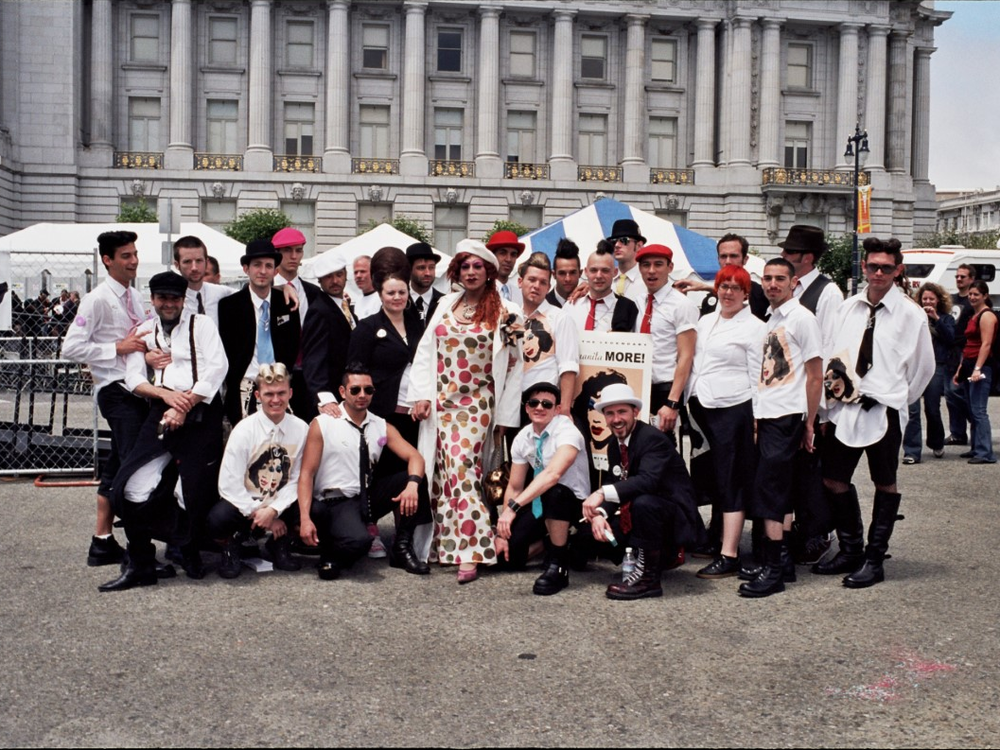
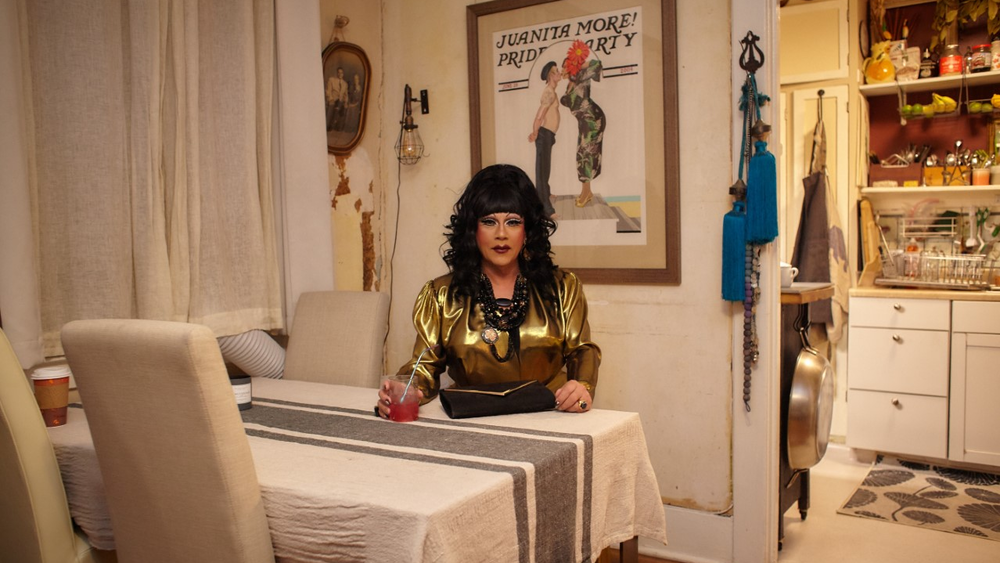
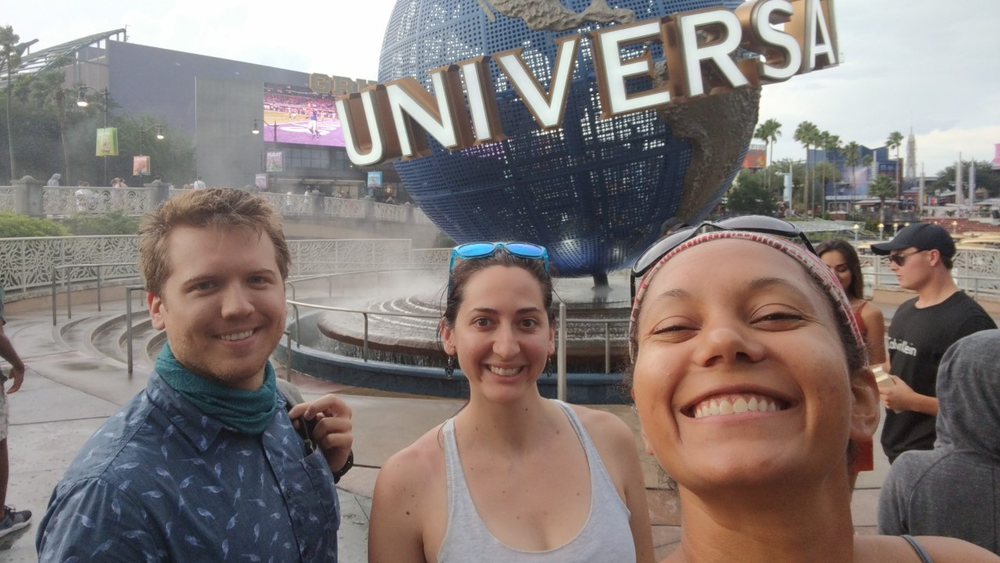
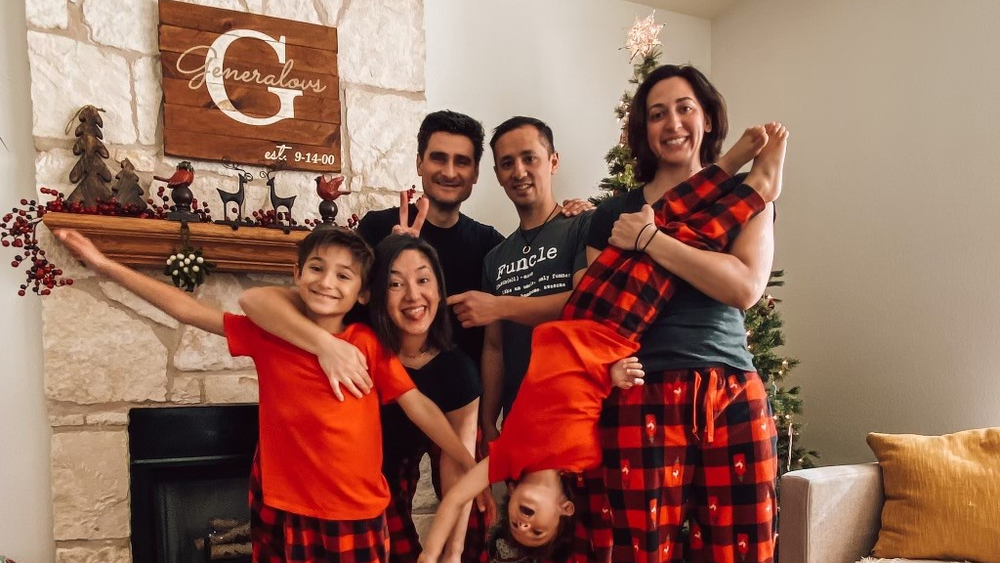
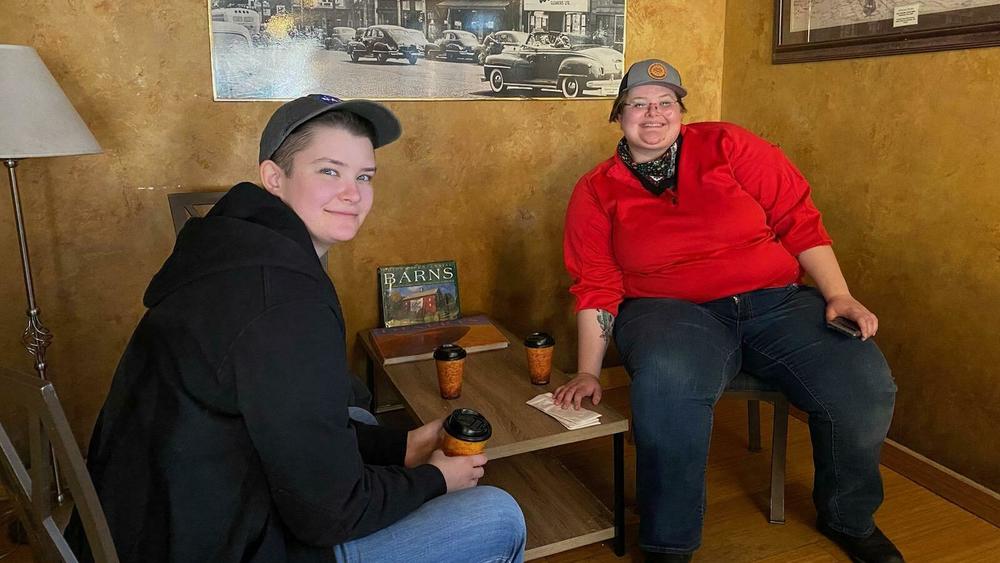
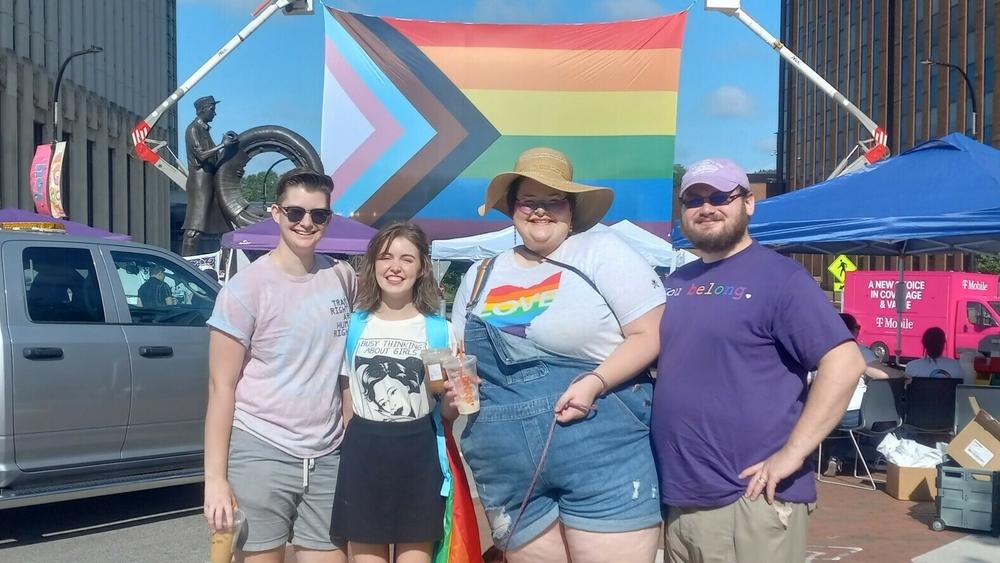

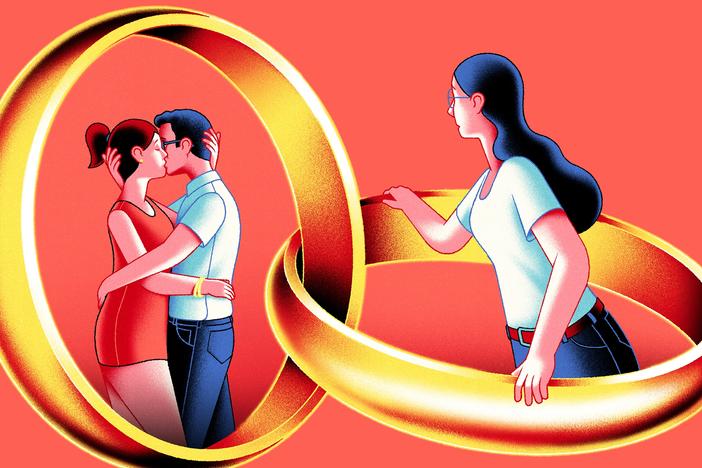
![“In my conversations with my family members and knowing their history and their struggle, I remember that I'm somebody and [they’re] somebody. And that's a very powerful thing,” says author Min Jin Lee, who has been interviewing family members for her first nonfiction book.<br>](/sites/default/files/styles/three_two_702x468/public/npr_story_images/2024/07/12/%3Furl%3Dhttp%253A%252F%252Fnpr-brightspot.s3.amazonaws.com%252Fa7%252F07%252F4854ffd548cb9ae7397e2a3cf7fe%252Fgettyimages-1339394437-slide.jpg?itok=DXlinDdj)